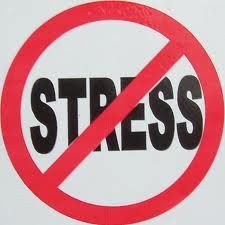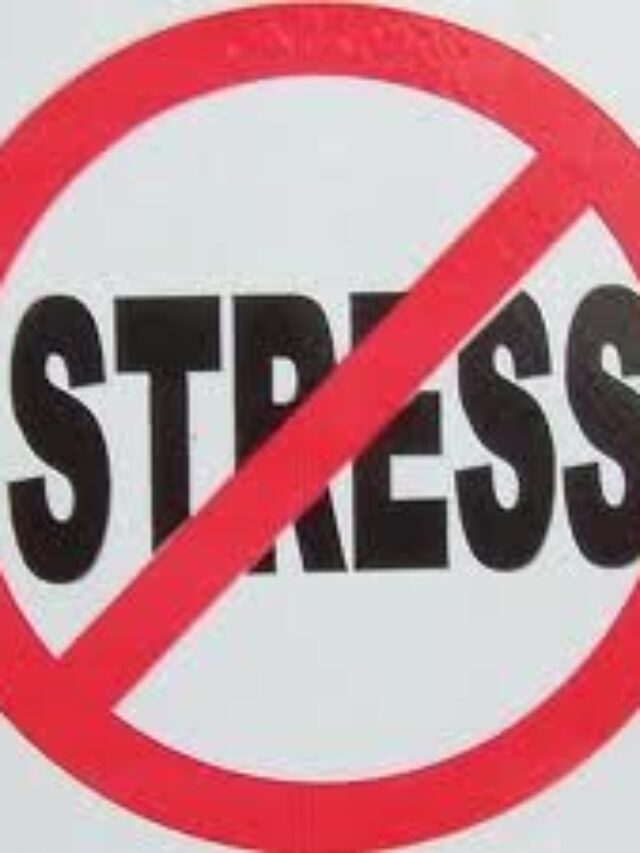Table of Contents
Introduction
Stress, especially long-term or chronic stress, has a significant impact on our body and mind and can lead to many health problems and even risk the outcome of some diseases. While stress itself doesn’t “kill” us directly, it can be developmental or life-threatening.
Stress is part of life and we all experience it in different ways. It can be affected by everyday problems such as work stress, financial problems, relationship problems, or important life events. While short-term stress can be a change that motivates us to be competitive, long-term or prolonged stress can have serious effects on our body and mind. This article examines the impact of stress on health and well-being by discussing the effects of stress on the development of cardiovascular, immune, psychological, health, sleep, and negative behaviors. By understanding the dangers of stress, we can develop effective strategies to manage it and improve our overall quality of life.
How Stress is Killing Us?
Stress, especially long-term or chronic stress, has a significant impact on our body and mind and can lead to many health problems and even risk the outcome of some diseases. While stress itself doesn’t “kill” us directly, it can be developmental or life-threatening.
Some of the ways stress can affect our health include:
Heart problems: Chronic stress can increase blood pressure and heart rate, which over time voluntarily strains the cardiovascular system and increases the risk of heart attack, heart attack, and stroke.
Weak immunity: Prolonged stress weakens the body, making us immune to diseases and infections.
Mental Health Problems: Stress can lead to mental health problems such as anxiety and depression, which can be fatal if left untreated and are too great for our overall health.
Digestive issues: Stress can disrupt normal digestive processes and lead to conditions like irritable bowel syndrome (IBS) or stomach ulcers.
Sleep Disorders: Stress can interfere with sleep, causing insomnia or poor sleep, which can further affect our body and mind.
Behavior Disorders: People with severe stress may engage in negative coping mechanisms such as overeating, smoking, or drinking alcohol, which can voluntarily impair health.
It is worth noting that everyone experiences stress in some way and not all stress is bad. Short-term stress can be a normal reaction to problems and in some cases, motivating. However, chronic, uncontrolled stress is the most dangerous to health to reduce the effects of stress, it is important to improve health and lifestyle. These include exercising regularly, being mindful, seeking social support, eating healthy, getting enough sleep, and asking for help when needed.
If you or someone you know is struggling with anxiety and its effects, it is important to seek support and guidance from a doctor or psychologist. Remember that early intervention and stress management can make a big difference in maintaining overall health.
Treatment of Stress
Treatment for depression often includes a combination of self-help, lifestyle changes, and exercise, depending on the severity of the stress and its impact on the individual’s life. Here are some ways to manage and treat stress:
1- Identify and Handle Stress: Identify sources of stress in your life and try to deal with them directly. This may include changes in your environment, relationships, or routine.
2- Relaxation Techniques: practice relaxation techniques such as deep breathing, meditation, muscle relaxation, or yoga. These can help calm the mind and reduce stress-related body weight.
Exercise: Regular exercise is a great way to manage stress. It helps release endorphins, “feel-good” hormones and can improve mood and overall health.
3- Healthy Lifestyle: eat healthy and nutritious foods, get enough sleep, and avoid overuse of stimulants such as caffeine and alcohol that can cause anxiety.
4- Time Management: Organize your time and priorities to reduce stress. Break tasks into small, manageable steps and set realistic goals.
Support: Talk about your stress with friends, family, or a support group. Sometimes sharing your feelings with others can be stressful and fresh.
5- Limiting Stress: If certain situations or people are constantly stressed, reduce the impact on them or develop coping strategies to deal with them effectively.
6- Mindfulness and Mindful Breathing: Mindfulness, being in the moment, breathing deeply, and breathing properly can help you manage stress and lessen the impact on your brain.
7- Cognitive Behavioral Therapy (CBT): CBT is a widely used stress therapy.
It helps to identify and change negative thoughts and behaviors that cause stress.
8- Stress Relief: Engage in activities that help you relax, such as reading, listening to music, spending time in nature, or pursuing an activity you enjoy.
9- Professional Help: If anxiety is affecting your daily life or if you have symptoms of anxiety or depression, consider seeking help from a mental health professional, such as a psychologist or counselor.
10- Medication: Sometimes doctors can prescribe medication to deal with severe anxiety or mental illness. This is usually taken into account when other treatments alone are not sufficient.



[…] solace and self-discovery. Yet, within this path to clarity lies an enigma: depersonalization. Meditation, a conduit to self-awareness, seems at odds with depersonalization—a detachment from thoughts and […]
[…] Stress reduction: Mindfulness meditation can help reduce stress levels by promoting relaxation and increasing self-awareness. It allows individuals to observe their thoughts and emotions without becoming overwhelmed by them. […]
[…] about stopping thoughts; it’s about creating a quiet space within you. This practice can help reduce stress, improve concentration, and bring a sense of inner calm. Just a few minutes each day can make your […]